Commentary
The Denver school board “blatantly violated” the Colorado Open Meetings law on Dec. 12 by not specifically publishing in its official meeting notice that the executive session discussion focused on board member John Youngquist’s request for reimbursement for penalties levied against him by the state pension fund, Colorado’s top media lawyer Steve Zansberg said Sunday. The notice language was far more general, depriving the public of information it was entitled to know, Zansberg said.
In this episode, Alan Gottlieb and Alexis Menocal-Harrigan discuss the controversy over board member John Youngquist’s accusations of an illegal executive session and the upcoming attempt to reprimand or even censure him by three board members. We also discuss the revamped evaluation criteria for Superintendent Alex Marrero.
Students in FaithBridge’s SHIFT Fellowship reflect on their first semester, and on the validity of school ratings.
Boardhawk is launching a biweekly podcast in January. Here is an introductory episode, where we introduce ourselves and describe what our listeners can expect
The SHIFT Chronicles is a new monthly feature dedicated to amplifying student voices, where those most impacted by the public education system share their thoughts, reflections, and experiences. In collaboration with FaithBridge SHIFT fellows, these commentaries offer a genuine glimpse into the challenges students are facing within our city’s schools. In this month’s entries, students discuss how to improve learning environments, and how they practice self-care during breaks from school.
I know many of the sitting board members have long histories in DPS and Denver, and the decision to close schools last month was not made lightly or without a tremendous emotional toll.
From Dr. Aaron Massey: Every new generation of teachers goes through extraordinary circumstances that are unique in their own respects yet no less extraordinary in magnitude and impact.
More than 9,000 Colorado high school students have been on a plan since third grades for students with “significant reading deficiencies.” While we have focused reading interventions on the primary years, clearly the crisis continues through elementary school and well beyond.
We knew the methods we were using to deal with poor attendance weren’t working. We theorized that part of the solution might not look linear. We had to put ourselves in the shoes of our parents and ask ourselves new questions. Why, on the hardest days and in the hardest situations, might I move mountains to get my student to school? And when might I not?
A year after an election that brought in three new Denver school board members, some Denverites are frustrated that little, if anything has changed. Here are some places to look for hopeful signs while we await the November 2025 election.


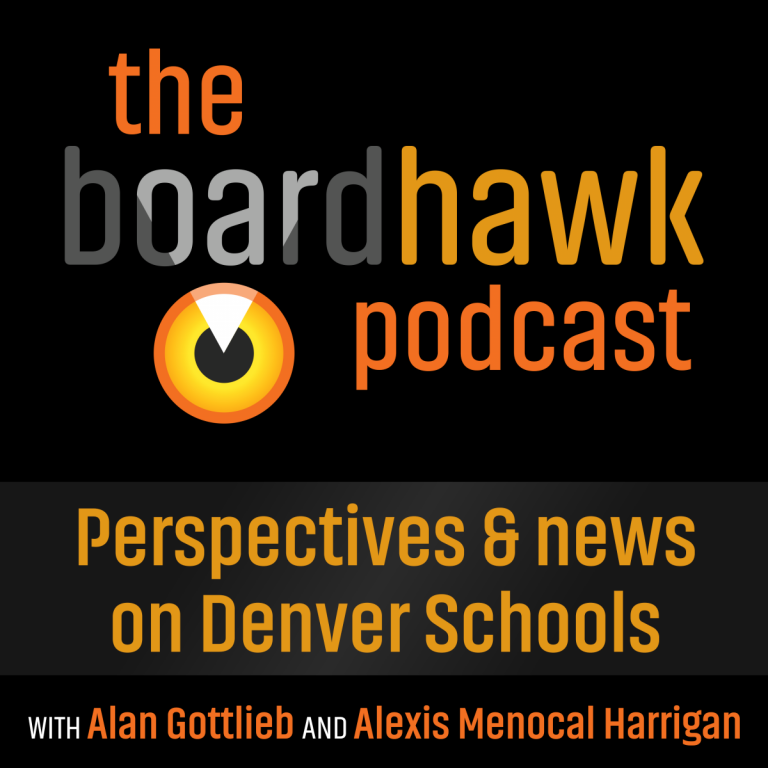


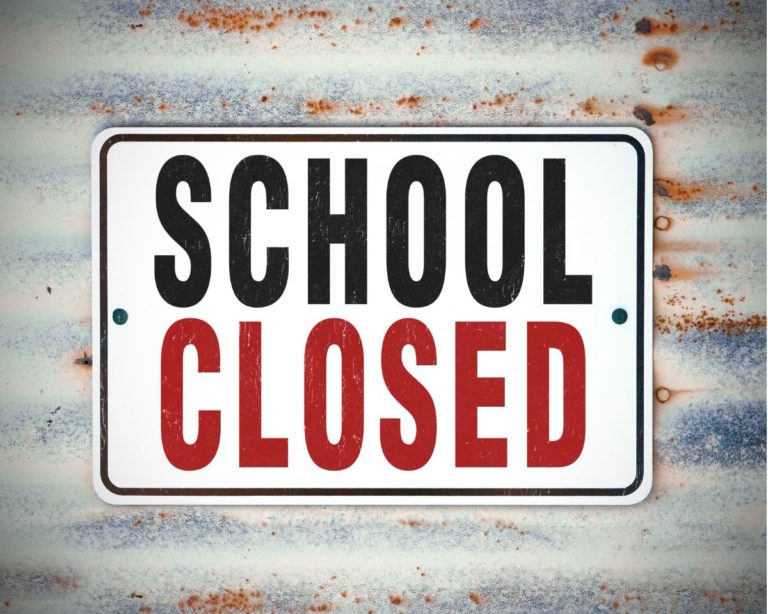


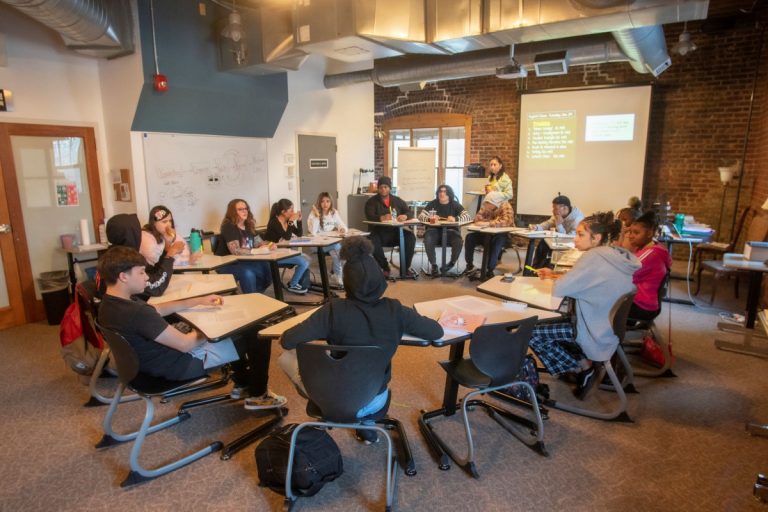
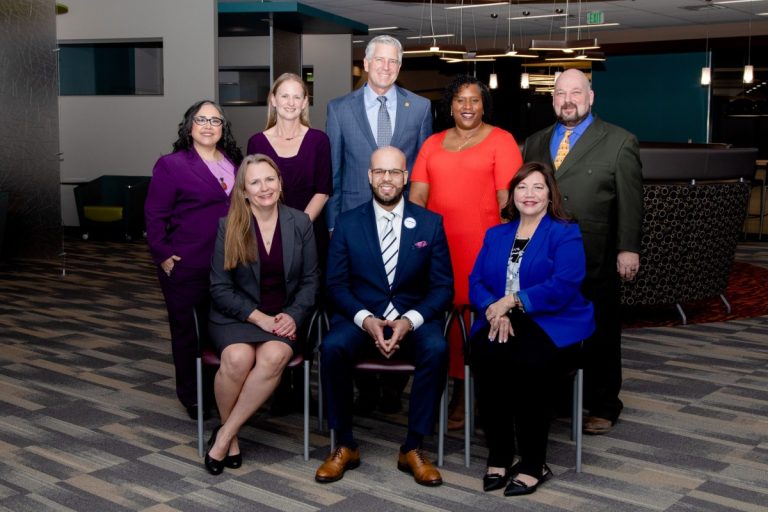
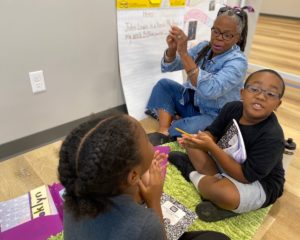
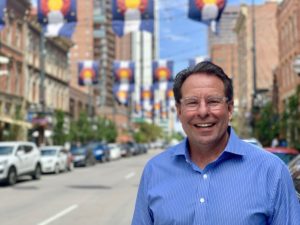
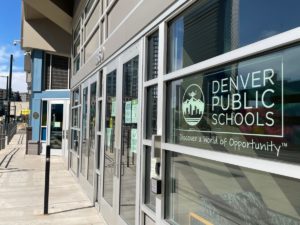
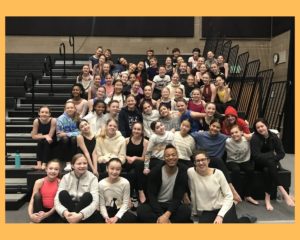



The Denver school board’s Dec. 12 executive session was legal? Not so fast!
The Denver school board “blatantly violated” the Colorado Open Meetings law on Dec. 12 by not specifically publishing in its official meeting notice that the executive session discussion focused on board member John Youngquist’s request for reimbursement for penalties levied against him by the state pension fund, Colorado’s top media lawyer Steve Zansberg said Sunday. The notice language was far more general, depriving the public of information it was entitled to know, Zansberg said.